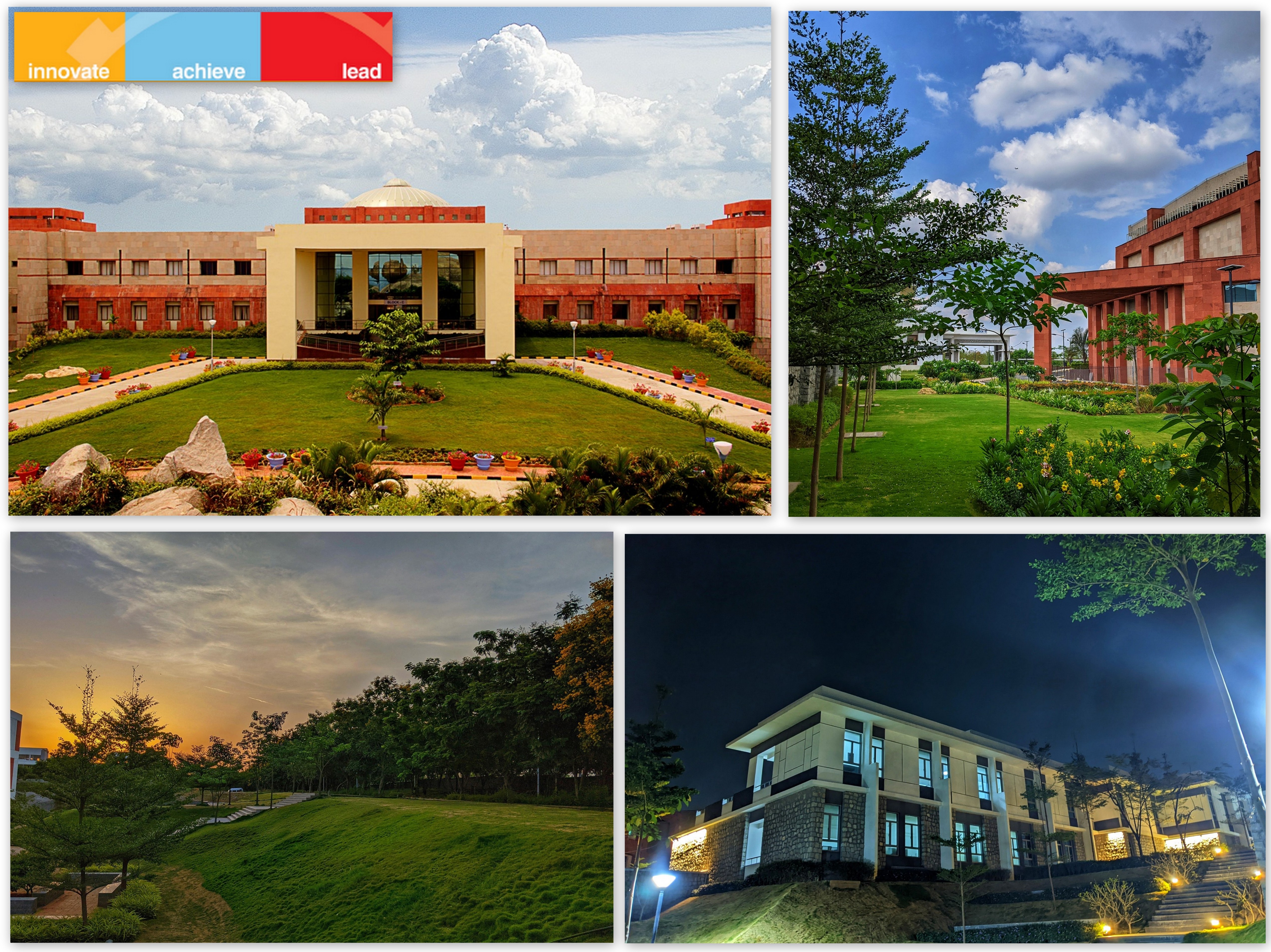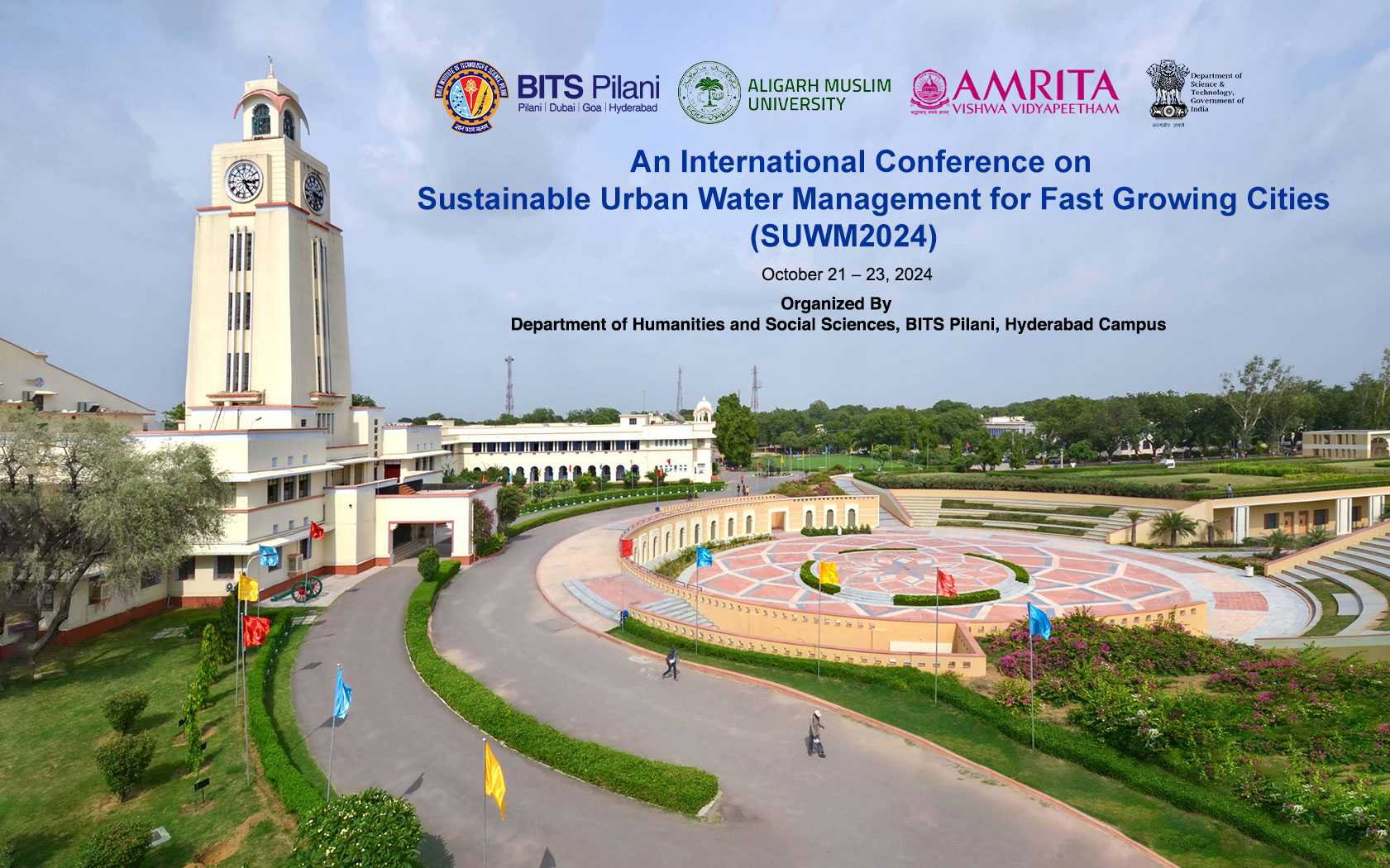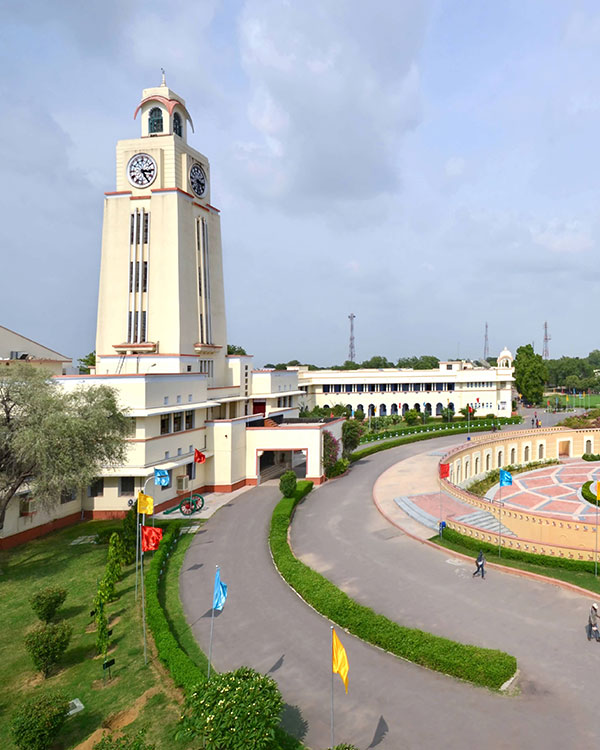
About BITS Pilani, Hyderabad Campus
The BITS Pilani, Hyderabad Campus is an institution of international repute with higher learning in India, since its inception in 2008. It spreads over 200 acres of land at Jawahar Nagar, Shameerpet, Hyderabad. Over the year, BITS has provided the highest quality technical education to students from all over India admitted on the basis of merit. BITS is ranked among the top Engineering Institutes of India. BITS has four campuses in India – Pilani, Goa, Hyderabad, Mumbai and one international campus in U.A.E (Dubai).
About the Department of Humanities and Social Sciences
The Department of Humanities and Social Sciences at BITS Pilani’s Hyderabad Campus has faculty members specialising in a range of research areas from various disciplines. The department is committed to promoting value-oriented learning, respect for diversity, critical thinking, development of social-political values and cognitive capacities required for examining the world around, and cultural and aesthetic appreciation of various art forms and literary genres..
This is a three-day conference organized in collaboration with the BITS Pilani, Pilani Campus, Aligarh Muslim University (AMU), and Amrita Vishwa Vidyapeetham, Coimbatore as part of the Department of Science and Technology (DST) India sponsored project titled, “Structured Dialogue for Sustainable Urban Water Management”. Gather with experts and visionaries at our conference, where we'll chart the course for sustainable urban water management in the swiftly evolving landscapes of the Global South's bustling cities.



